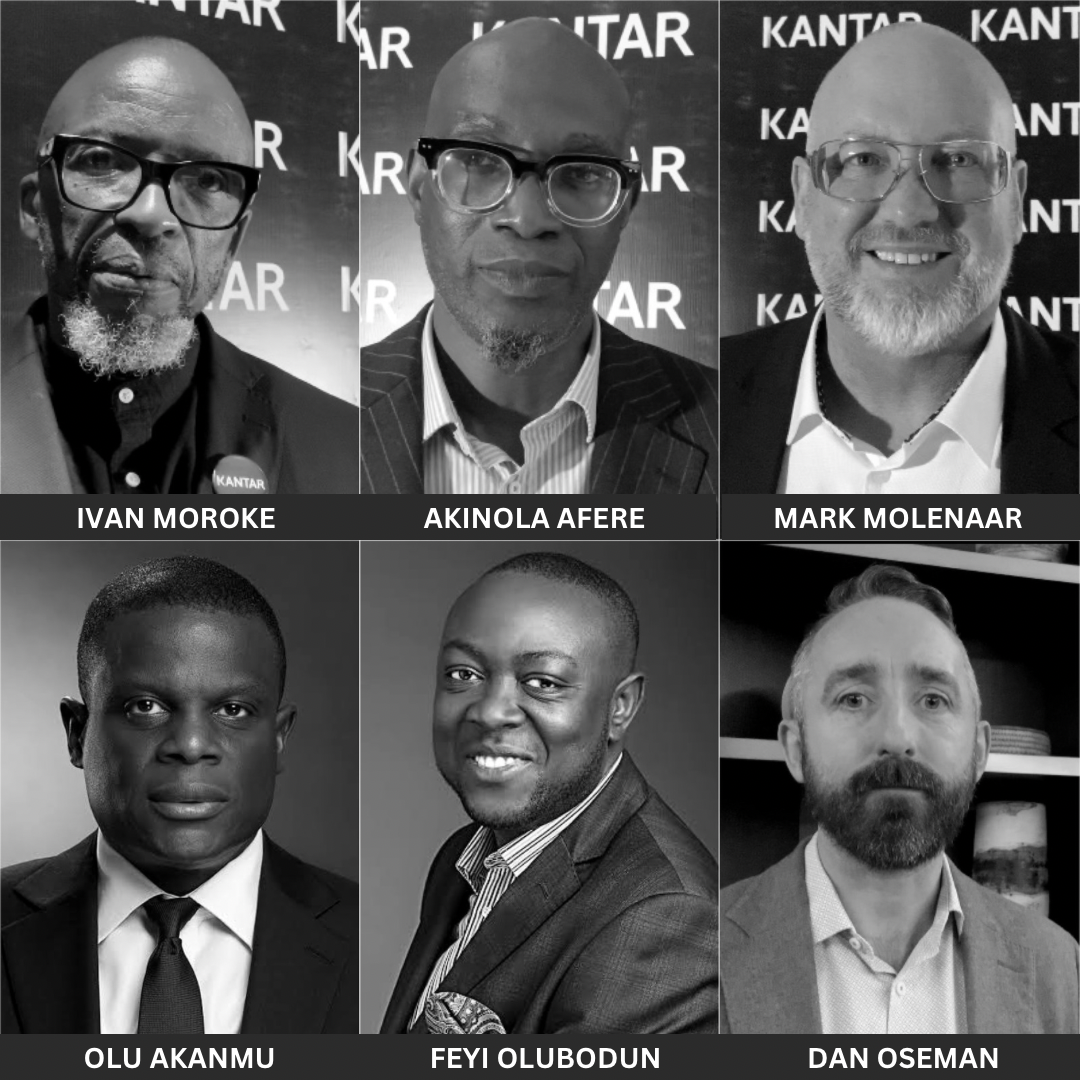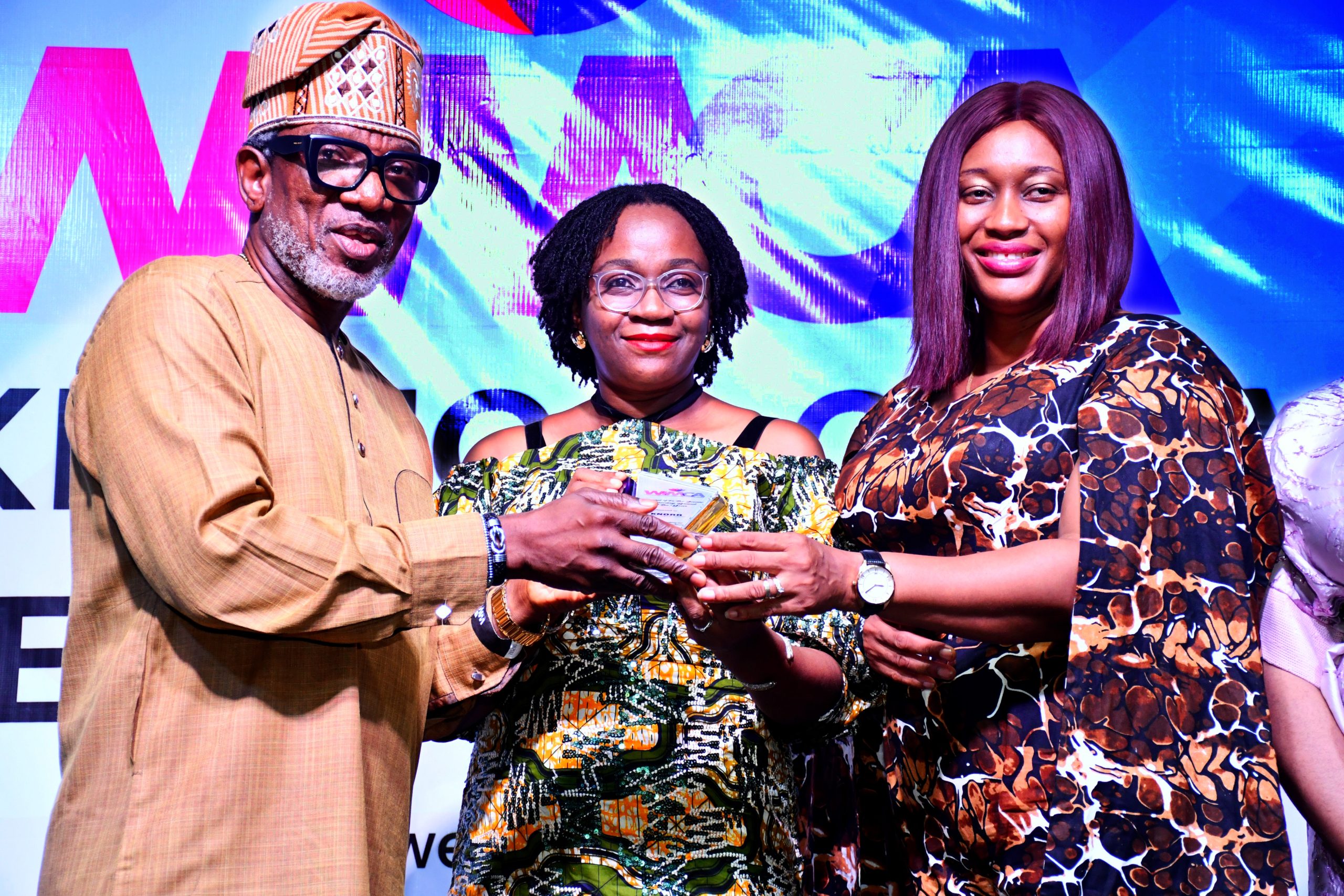By Zion Rufus
As we stand at the precipice of a potential recession, projected for 2022, or on the cusp of an anticipated economic rebound in the last quarter of 2024, the current economic landscape is rife with challenges. Inflationary pressures, advertising and marketing budget cuts, mass layoffs, and the demand for marketers to defend their strategies intensify amidst these uncertainties.
In the midst of this economic uncertainty, the ongoing debate on whether brand love is a crucial metric for success has become a focal point for 2024. Should brand love still be the ultimate goal for marketers, or should measurable outcomes and tangible business success take precedence over fostering connections with customers in light of the current economic situation?
To obtain executive insights into the intricate discussion on the intersection of brand love and tangible results, we interacted with Kantar representatives, including Ivan Moroke, Akin Afere, Daniel Oseman, Mark Molenaar, and Feyi Olubodun. This engagement took place at an insightful and thought-provoking gathering where Kantar announced the launch of its strategic consulting practice in Nigeria, an initiative aimed at introducing a new dimension of strategic insight to the narrative of brand growth.
The exclusive in-person event, hosted at the Marriott Hotel in Ikeja, centered around the theme “Brands of Tomorrow Making Growth Real.”At the event, Kantar presented a blueprint for sustainable brand growth, offering valuable insights to successful marketers. Diverse speakers shared strategies for translating insights into actionable plans, aiming to achieve results that accelerate brand growth.
Together, these executives also shed light on diverse perspectives surrounding brand love and its correlation to ROI.
Stating that empirical evidence supports a direct correlation between increased brand equity and bottom-line ROI, Ivan Moroke, CEO of Kantar South Africa, emphasized the relevance of brand love, especially in turbulent economic times.
According to Moroke, brand love is not a luxury but a critical element for business growth, asserting that people gravitate towards brands that not only satisfy practical needs but also cater to emotional well-being
“People love a brand when it satisfies both their emotional and practical needs, contributing to both financial investment and emotional benefits. Without a doubt. Empirical evidence has proven that increased brand equity directly impacts bottom-line ROI. It is not a ‘nice to have’ but a critical aspect of business growth,” he added.
On his part, Feyi Olubodun, Founder and managing partner at Open Squares Africa, clarified the distinction between brand love and brand affinity. Brand love, he argues, is demonstrated through undying loyalty and the willingness of consumers to overcome barriers to purchase a specific brand.
“What you find consumers demonstrating online on social media is not brand love, it’s brand affinity or likeness for a brand in marketing. Brand love essentially is measured by undying loyalty as evidenced in purchases, in how much and how many barriers consumers are willing to overcome in order to actually purchase a brand. So what that means for instance is ‘I love a brand if I go to the point of sale and I don’t see that brand, I am willing to go somewhere else to look for that brand. I will not pick a replacement.”
For Akin Afere, Associate Director, Nigeria at Kantar, brand love indeed contributes to ROI. Meaningfully differentiating a brand, according to Afere, leads to loyalty, where consumers stick to a brand they love; and in challenging times, brand loyalty is a key factor.
“One of the things that is important and we can talk about that a lot in Kantar is that if your brand is meaningfully different it occupies a specific space in the mind of people and that leads to a certain sense of loyalty and there’s a new love for the brand. Now when a person gets to the point where they love a brand so much they will justify patronizing that brand for as long as they want they can. People adapt to difficult times in different ways,” he explained.
Daniel Oseman, Managing Director for Kantar in East and Central Africa, echoes the sentiment that brand love is foundational for a brand, emphasizing that consistent investment in building brand love strengthens brands during economic turmoil.
“What you really need to do,” he advised marketers, “is invest in understanding the elements of your marketing mix and how you can optimize them to work in harmony and unison to drive brand love in the long term. I can’t put a dollar metric on it, but I guarantee that if you invest in love over time, you will see dividends in terms of your brand growth and your brand value.”
“We’ve seen time and time again that brands that invest consistently in building brand love as one of the foundational pillars of their strategy, weather economic and social turmoil stronger than brands that don’t. We know it’s very tempting in times of crisis to focus on short-term fixes and short-term reactions, whether that’s around pricing, whether it’s around cutting down on ad spend, whether it’s around making quick-term decisions on any element of your marketing mix, it’s all very important. You need to be reactive, you need to be nimble in difficult times, but don’t lose sight of those foundational principles like brand love that correlate with value or brand value growth over the long term. So it’s about striking the right balance,” he added.
Mark Molenaar, Director of Consumer Experience, Sun Saharan Africa at Kantar, also added a nuanced perspective. According to Molenaar, consumers willing to pay a premium, showing less price sensitivity, are those with a strong connection to a brand.
He said “Where people have a connection to a brand, where that brand creates a meaningful difference for them and differentiates itself from the competition, they are more willing to pay a premium, less price-sensitive, and less likely to switch to other products even under economic pressure.”
Olu Akanmu, a prominent marketing executive and Executive in Residence at Lagos Business School in an earlier submission while addressing the need to redefine marketing beyond marketing communications and towards business leadership and growth, spoke about brand love vis a vis the need for marketers to be accountable for their strategies and investments.
He said ““Imagine you want a billion Naira budget, and you don’t want to be accountable, you just want to say, ‘oh brand preference, feelings, they love it. Brand love. Your shareholders ask, ‘hey, how much is brand love? How much is it putting on the table? That is the marketing we have to practice. Marketing is business. Performance marketing, accountable marketing. If you invest, I’m not saying, I’m not saying marketing is all short-term, but even when you are doing a long-term, there must be clear metrics that show what the one billion Naira marketing investment has given to you. Think like the CEO, think Revenue, think ROI, and in everything that you do, relate it back to that. Then you will be a far stronger, solid marketer and business leader.”
In the current economic climate, the consensus among these executives is that brand love is not only relevant but crucial for long-term success. While challenges persist, investing in brand love is seen as an enduring strategy that can weather economic uncertainties and deliver substantial returns in the form of brand growth and value. The debate sparks a compelling dialogue on the delicate balance between emotional connections and measurable outcomes in our ever-evolving landscape of marketing and finance.







Comment
No comments found.